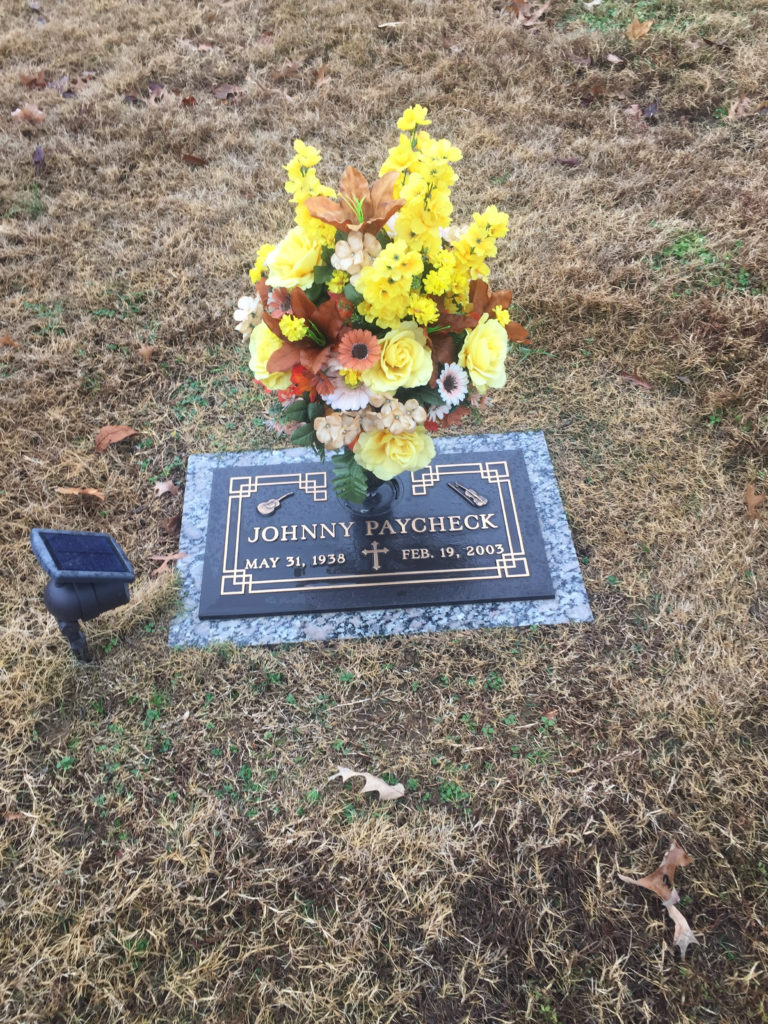Right after she recorded the exuberant anthem in July of 1964 as frontwoman of Martha and the Vandellas, it became a worldwide smash, selling millions of copies while serving as the song of its summer. At the same time, its lyrical “invitation across the nation … for folks to meet” in the street – matched to a melody and vocal as urgent as a clarion call – soon took on a second, more pointed, meaning. The transformation took place during the long, hot summers of 1964 and 65, “when riots broke out, in every city in the nation”, Reeves recalled. “Just like now, the police brutality and the government trying to control black people, prompted the uprising that was a revolution.”
Some of those who led that revolution – including the key Black Power figure H Rap Brown, and the Black Panthers – adopted Reeves’s song as their unofficial anthem, despite the fact that its lyrics had not a trace of the anger, or defiance, that fired their speeches. Still, the subtextural connection between the song and the ongoing politics of race didn’t surprise the song’s producer, William “Mickey” Stevenson, who also co-wrote it, with Marvin Gaye and Ivy Jo Hunter. “Our song was speaking to the times,” he said. “It was giving out a message to the parents that everyone should be with each other, peacefully, and it was giving out a message to those who have radical ideas. And it still seems relevant.”
Yet, when the song was first conceived its writers’ main goal was the same as any commercially minded music-maker – to get a hit. For Stevenson who, at the time, also headed the A&R department at Motown, the inspiration was a memory from his youth. “In Detroit, we used to take the caps off the fire hydrants and let the water spurt high,” he said. “The fire department would let you do that in some places. All these kids would be playing in the water, hugging each other, all over the street and I thought it was the most beautiful thing in the world. I kept that image in my head when we were writing.”


